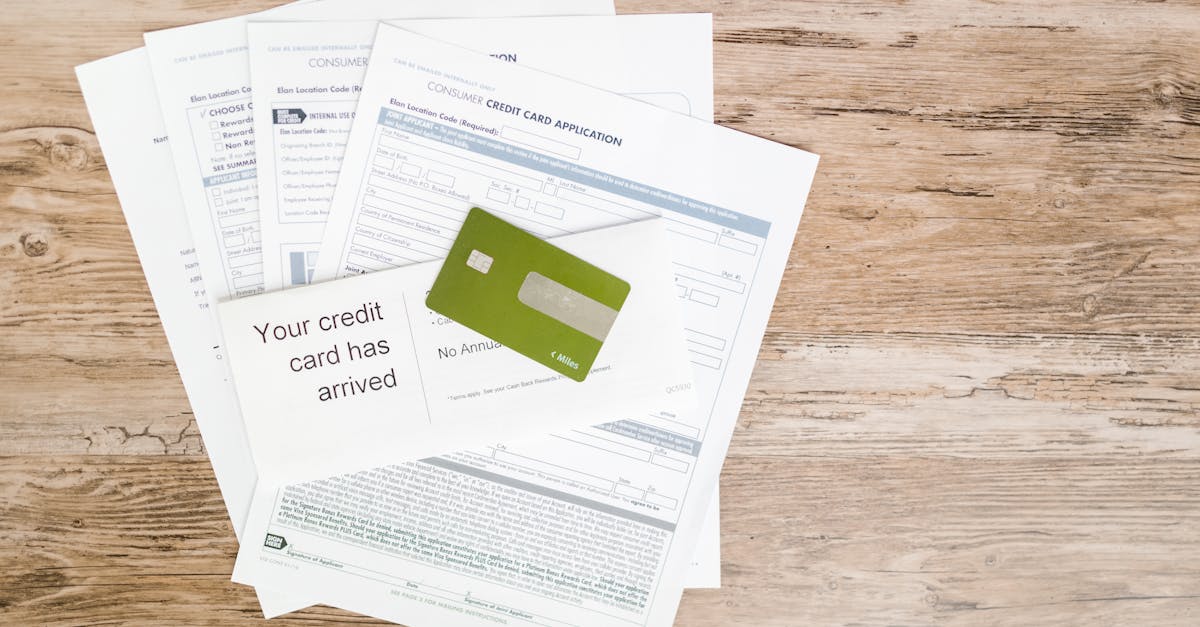
Understanding Bad Credit
Bad credit can feel overwhelming and seem like an insurmountable challenge. It often results from missed payments, high credit utilization, or defaulting on loans. Understanding your credit standing is the first step to financial recovery.
Check Your Credit Report
The journey to better credit begins with retrieving your credit report. Look for discrepancies that might be affecting your score. Identifying and fixing errors can lead to a quick credit boost.
Pay Your Bills On Time
Consistent, timely bill payments are vital in improving your credit score. Consider setting up reminders or automatic payments to avoid missing due dates. Over time, this habit will positively impact your creditworthiness.
Tima Miroshnichenko/Pexels
Reduce Your Debt
High levels of debt can heavily burden your credit score. Focus on paying down credit card balances and loans. Use strategies such as the snowball or avalanche method to tackle and eventually eliminate owed amounts.
Utilize Credit Wisely
It's crucial to maintain a low credit utilization ratio, ideally under 30%. This means not maxing out your credit cards and being mindful of spending limits. Keeping balances low signals to lenders that you responsibly manage credit.
Seek Professional Advice
Sometimes, seeking help from credit counseling services can provide tailored guidance on managing credit. Professionals can help create realistic budgets and offer strategies for rebuilding credit health.
Consider Secured Credit Cards
Secured credit cards serve as a safe way to rebuild credit. They require a cash deposit, which acts as your credit limit. Making regular purchases and payments can help demonstrate reliability to future lenders.
Negotiate with Creditors
If you face financial struggles, communicating with your creditors can prove beneficial. Some creditors might be open to setting up revised payment plans or lowering interest rates, giving you breathing space to manage finances.
Limit New Credit Applications
Frequent credit applications can signal financial distress to lenders and result in credit inquiries that lower your score. Aim to limit new credit lines unless absolutely necessary.

RDNE Stock project/Pexels
Conclusion
Repairing bad credit takes time and perseverance, but the outcome is undoubtedly rewarding. By adopting responsible financial habits and seeking professional help when necessary, better credit is achievable. Patience and commitment are essential on the road to financial recovery.